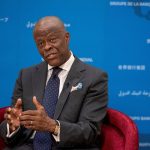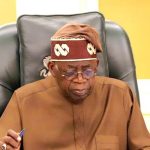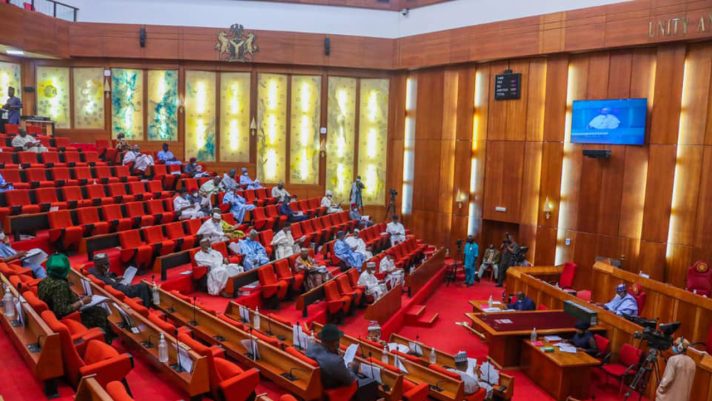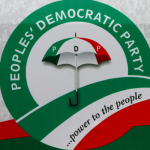By Adamu Abuh, Abuja
A group, OrderPaper Advocacy Initiative, has canvassed the intervention of the National Assembly (NASS) over the spate of violence and voter suppression experienced in the general elections.
Its Executive Director, Oke Epia, in his findings, expressed concern over the incidences of vote-buying, voter suppression, thuggery, violence in Lagos, Oyo, Nassarawa, Imo, Cross River, Adamawa, Ogun, and Ondo states.
findings, expressed concern over the incidences of vote-buying, voter suppression, thuggery, violence in Lagos, Oyo, Nassarawa, Imo, Cross River, Adamawa, Ogun, and Ondo states.
The group further observed that no less than 63 per cent of voters cast their ballot for state legislative candidates on the basis of a bandwagon anchored on political party preferences and the choices made for the governorship positions.
It observed that while 81.59 per cent of sampled voters that participated in the State Assembly elections across the country had prior knowledge of the candidates, only 37.39% of them voted for these candidates based on individual merits.
It noted: “This finding is a confirmation of the bandwagon trend in the State Assembly elections; similar to the National Assembly polls, where 61.35 per cent of voters made their voting choices at the Senate and House of Representatives elections based on party affiliation and choice of presidential candidates.
“An aggregated 63% of the respondents our trained observers spoke with, made their voting choice based on factors such as party affiliation (34.28 per cent), previous choice of presidential candidate (5.38 per cent), governorship candidate (3.97 per cent).
“About 18.98 per cent of these respondents also confirmed to us that they made their voting choice on the basis of random decisions,” he revealed.
Other aspects highlighted in the ‘Consolidated Report on the 2023 State Assembly Elections,’ which was held simultaneously with the governorship elections, showed that election results were uploaded to INEC’s Result Viewing (IREV) Portal in 78.63% of the polling units sampled across the country.
“In the area of punctuality on the part of polling officials and opening of polling units, there was a marked improvement from the National Assembly polls, where only 61.34% of the polling units opened on time.
“As captured in the report by OrderPaper, 84.29% of the polling units sampled opened on time in line with INEC’s guidelines for polls to open at 8:30 am. The average time of arrival and opening of polling units generally stood at 9:00 am in many parts of the country.
“There were, however, large reports of low voter turnout resulting from voter intimidation by thugs, political party agents and voter apathy linked to the perceived mismatch of voting and results announced in the February 25 Presidential and National Assembly.
Source: The Guardian








